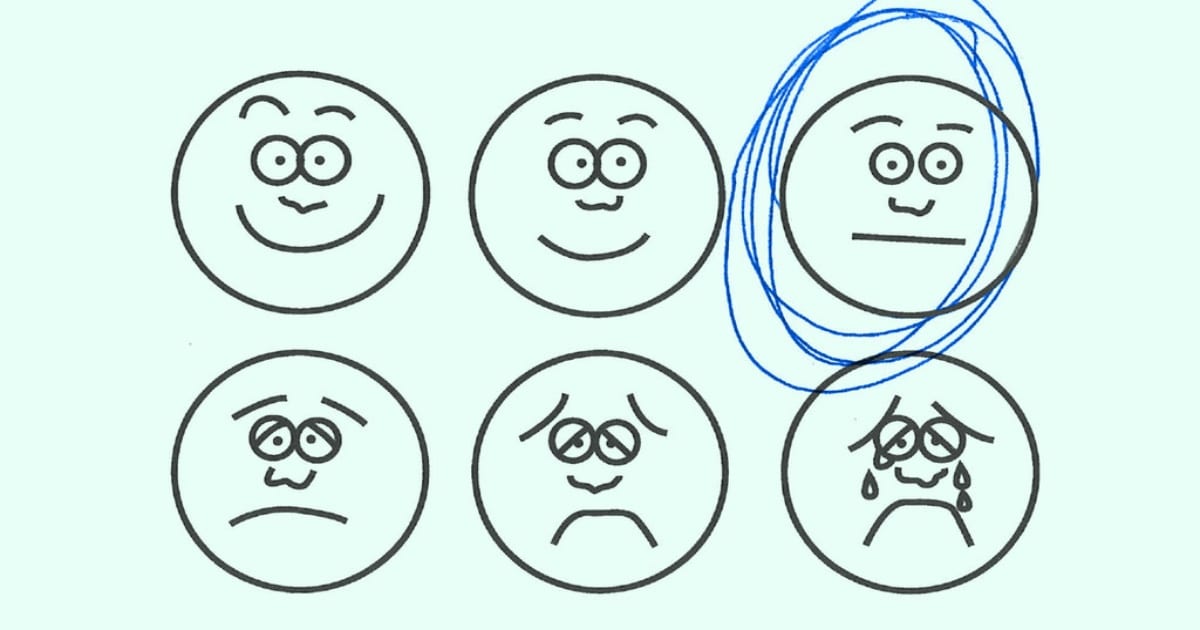One of the easiest and most efficient ways to improve your state of mind is to write a journal daily. People tend to be incredibly emotional creatures, and writing journals enables people to step back and gain perspectives on any situation in your day. Whenever I am in a horrible mindset, I write journal entries until I feel better. Sadly, I do not write them every day because I find that it is time scrunching given my hectic senior year in school. However, trust me when I say that it is an effective way to reframe negative situations into a positive benefit. People typically say that everything in your life happens for a reason, and I believe that journaling allows you to reach that healthy state of mind.
There is no specific way to write journals. I bought this small brown book and wrote some of my thoughts, ideas, attitudes, and emotions throughout the day, and then before I slept, I wrote a hopeful statement following the entry. At one point, I was recording myself through my phone, and once I felt okay again, I rewatched all the videos. I find it interesting to see how I progress over time, and then I can reminisce over the happy aspects of those days despite the sadness I felt at the time. It is terrible to live your life with regret, so this was essential for me to transition into what feels terrific today. Whenever I encounter another situation that makes me sad, looking back at my journals shows me that I will always push through and become better because of it. The sense of confidence coming from my evident resilience gives so much hope for the future.
The New York Times created an article called “What’s All This About Journaling?” describing numerous studies, giving tips on what to write about, and explaining human experiences claiming that journaling was revolutionary for their lives. Some of the benefits include mindfulness (more aware of your situation), memory, communication skills, better sleep, a more robust immune system, more self-confidence, and a higher I.Q. These benefits are most likely due to the serotonin hormones and other physiological responses to journaling as it gives you positive emotions like hope, serenity, and joy. Techniques in therapy, including speaking about your situation and acknowledging traumatic events, help people release those emotions, and stop the negative consequences. Reframing situations, trying to find explanations of events, and processing events prevents the stress from accumulating in the body, leading to the formation of radicals and inflammation.
What should you write about? As I mentioned before, there is no specific way to write journals, so write what you feel is best for you. You could write about any emotion you feel, including anger, happiness, sadness, frustration, etc. Another suggestion would be to write about a traumatic event to help you process those emotions and stop them from burdening you. I encourage you to get creative and write about things that could eventually positively affect your lifestyle. You could write about ideas you have for your future, something related to your work, something that could be fun, or an innovative invention that could help thousands. I occasionally have random ideas related to these things, ensuring I do not forget them if I want to utilize them in the future. Personally, when I have an idea that I find interesting, I get excited, and it is fantastic to remember and see these ideas on paper. Maybe something else gives you that same ecstatic feeling, and thus, you have something you could write about. Get creative; you will not regret that satisfaction you could feel.
The article expresses that you do not need to journal every day, but you can. Like me, they see it as a tool to help process stressful events and bounce back in the future. Studies have shown that 3-4 days of 15-20 minute writing can provide positive benefits. Many people describe journaling as life-changing, and I would agree with this belief. It helps you process terrifying emotions horribly, and surprisingly, you recover better than you could have ever thought. I find that it makes me feel so much happier and helps me value the positive aspects of life, even if I feel as if I am collapsing in darkness. I would recommend journaling to anybody as I experienced revolutionary impacts with a simple activity that takes 20 minutes.





